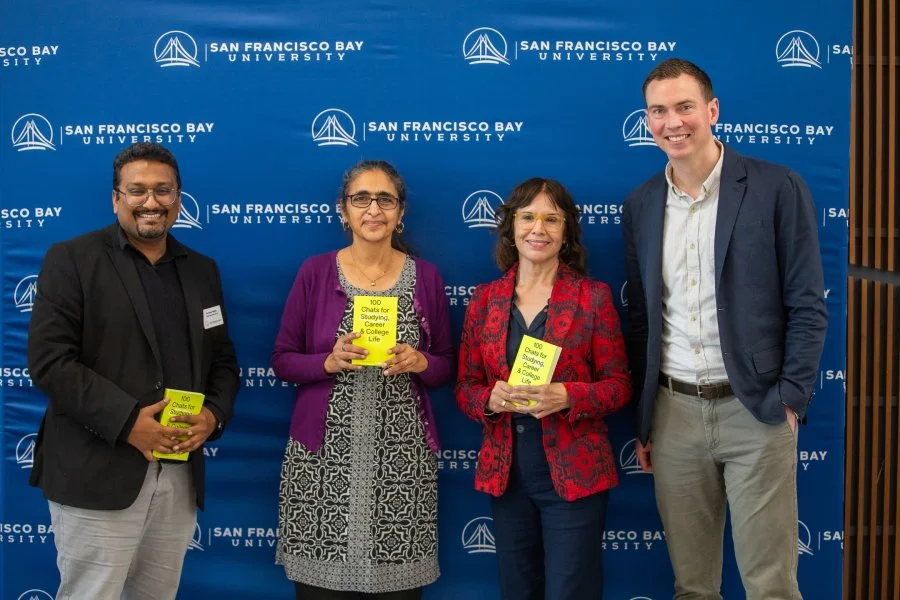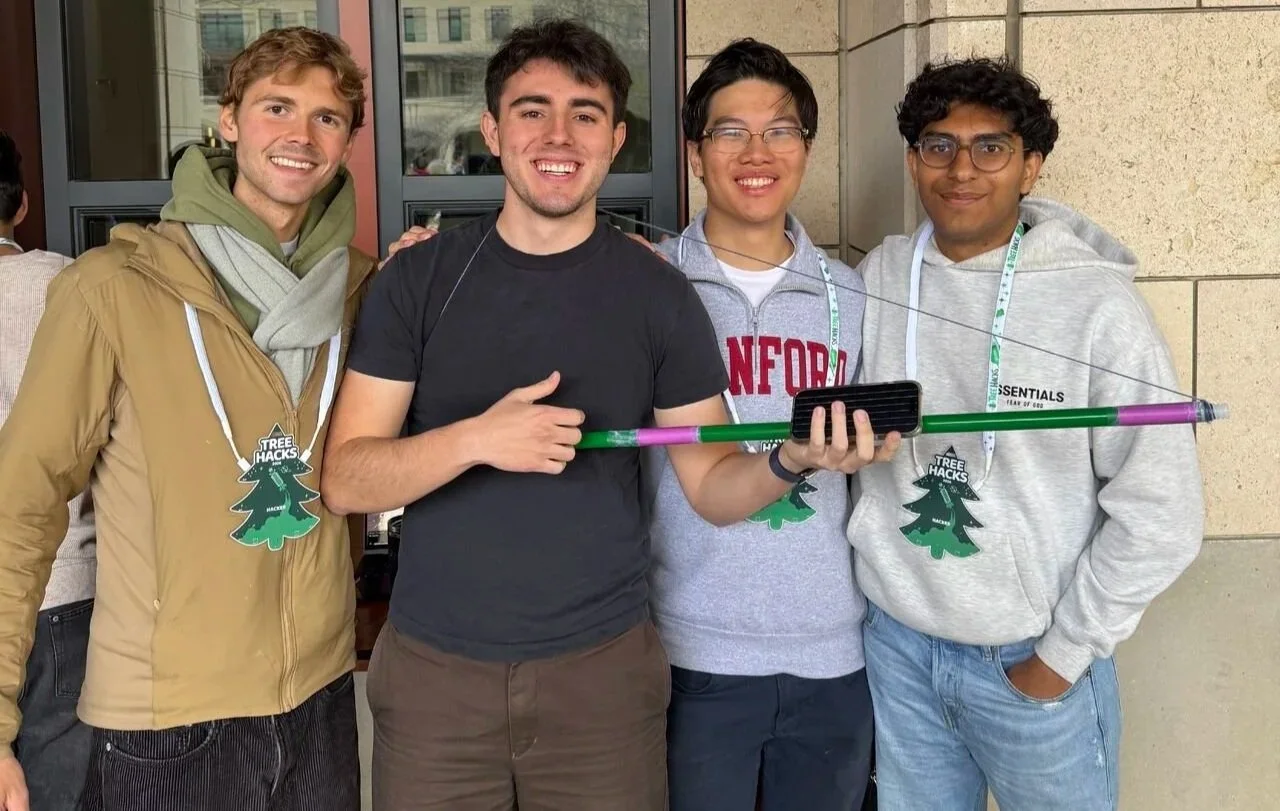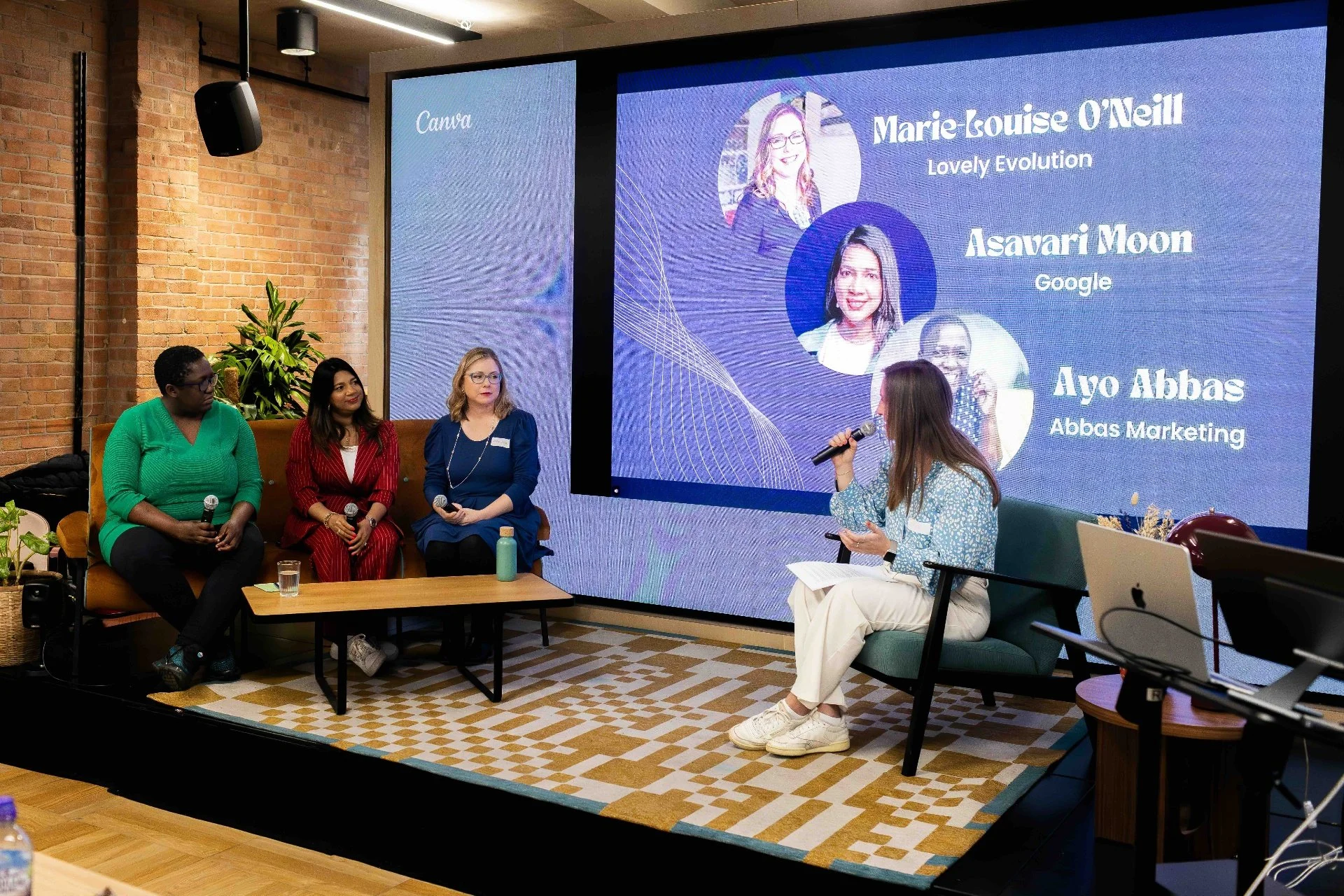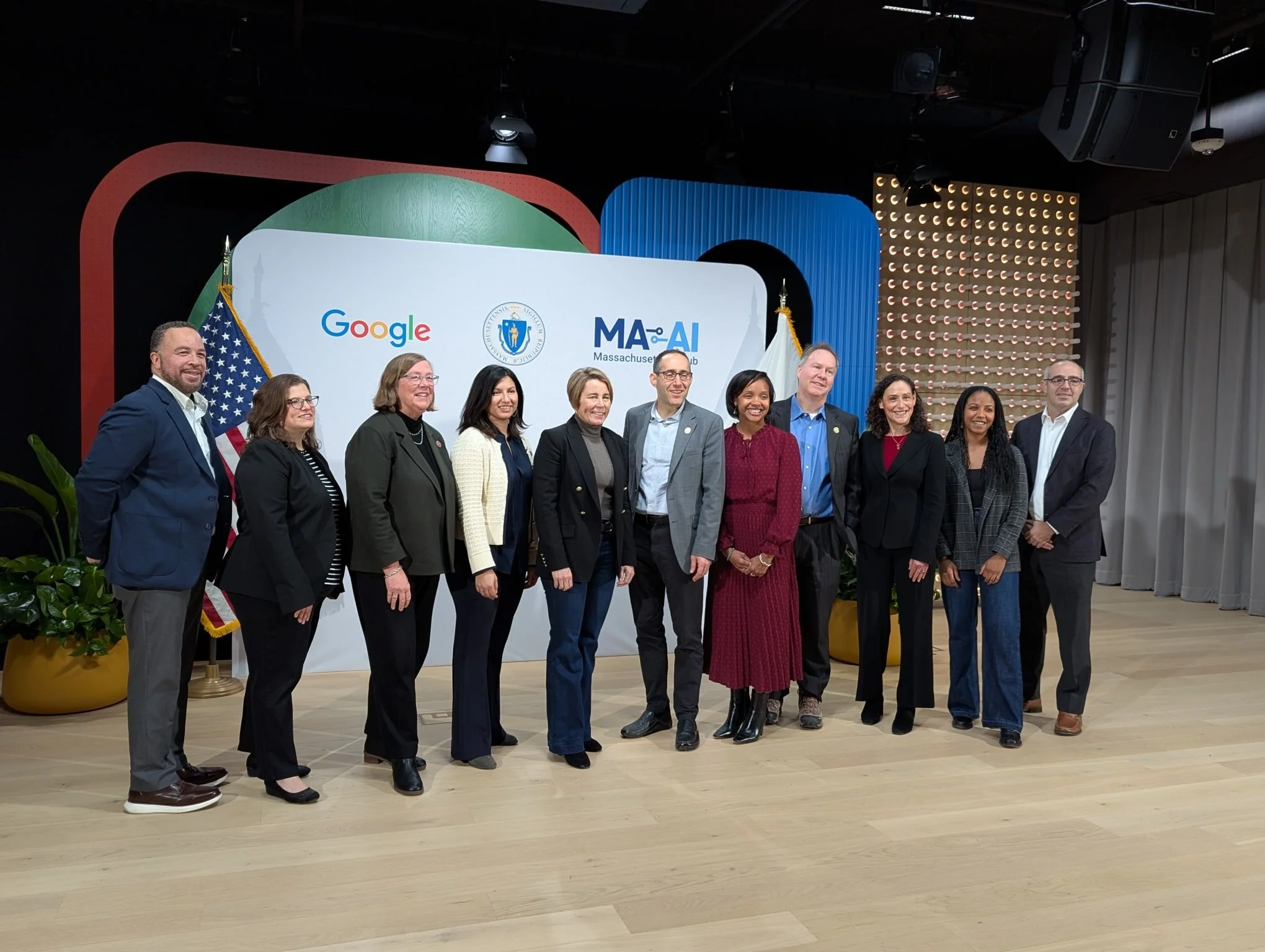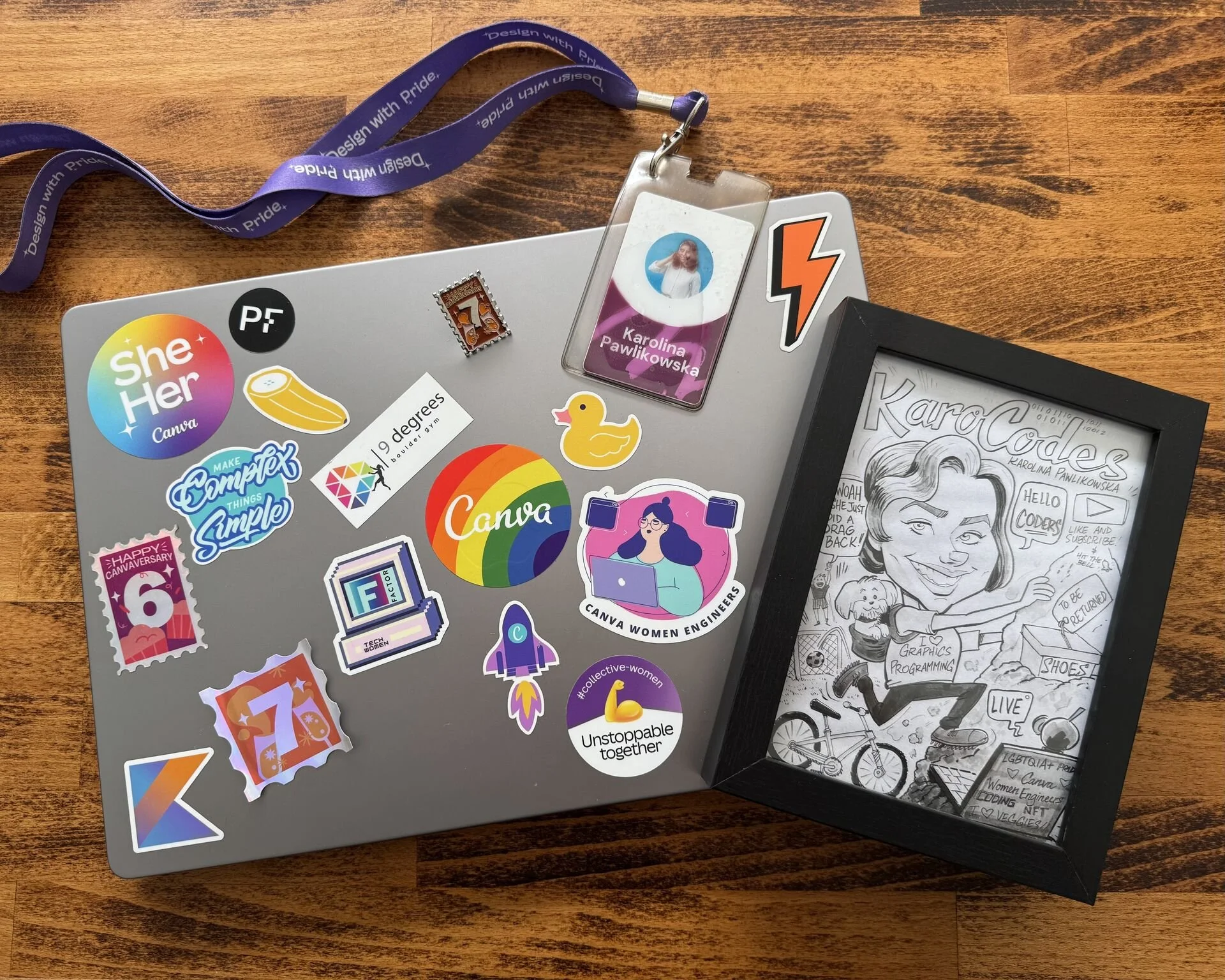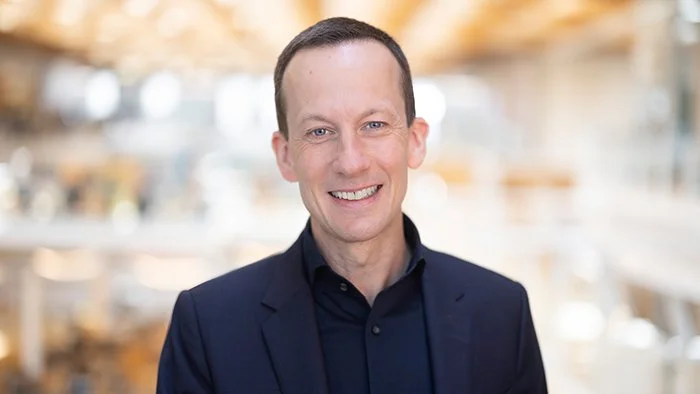Majority of cybersecurity professionals believe AI certifications will boost their career amid talent shortages
Cloud-based identity and governance platform provider Saviynt has shared the results of its Identity Security for the AI Age (ISAA) program survey, showing that most learners believe employers prefer hiring professionals with certifications.

Saviynt surveyed more than 500 recent graduates and early career professionals about their careers, and found 94 percent believe employers to prefer candidates with certifications.
The survey also reveals that 69 percent of its respondents already hold cybersecurity certifications and 52 percent said artificial intelligence (AI) was “extremely relevant” to their career goals.
“Certifications today are more than just proof of knowledge; they empower professionals to lead in a world where identity is the first line of defence,” explains Shankar Ganapathy, Chief Operating Officer at Saviynt.
“By offering free, AI-ready education, we are helping bridge the talent gap and providing employers with the verified skills they need. The fact that nearly 64% of respondents said the ISAA certification boosted their confidence in pursuing a career in identity security management underscores the importance of accessible, high-impact training.”
Saviynt’s ISAA certification offers early career professionals and students a chance to gain in-demand skills in cybersecurity, including insights into AI and machine learning, amid a global shortage of talent.
Suraj Krishnaiah, Vice President at Saviynt University, adds:, “According to the 2024 ISC2 study, nearly 60 percent of cybersecurity professionals say skills gaps have significantly affected their ability to secure their organization. The ISAA certification helps close this gap by combining practical AI/ML training with core identity security knowledge.
“By collaborating with universities, we are embedding these skills where it matters most, at the start of the learning journey, ensuring students are industry-ready from day one. Our goal is to build a more inclusive, resilient cybersecurity workforce that’s equipped for the challenges of tomorrow.”








